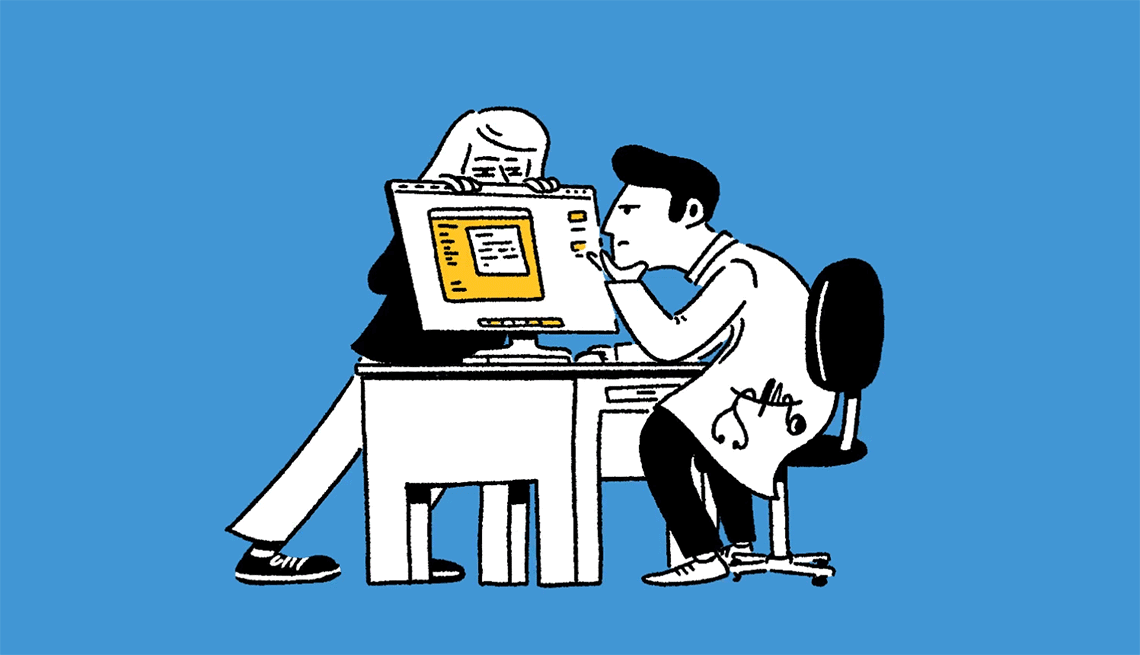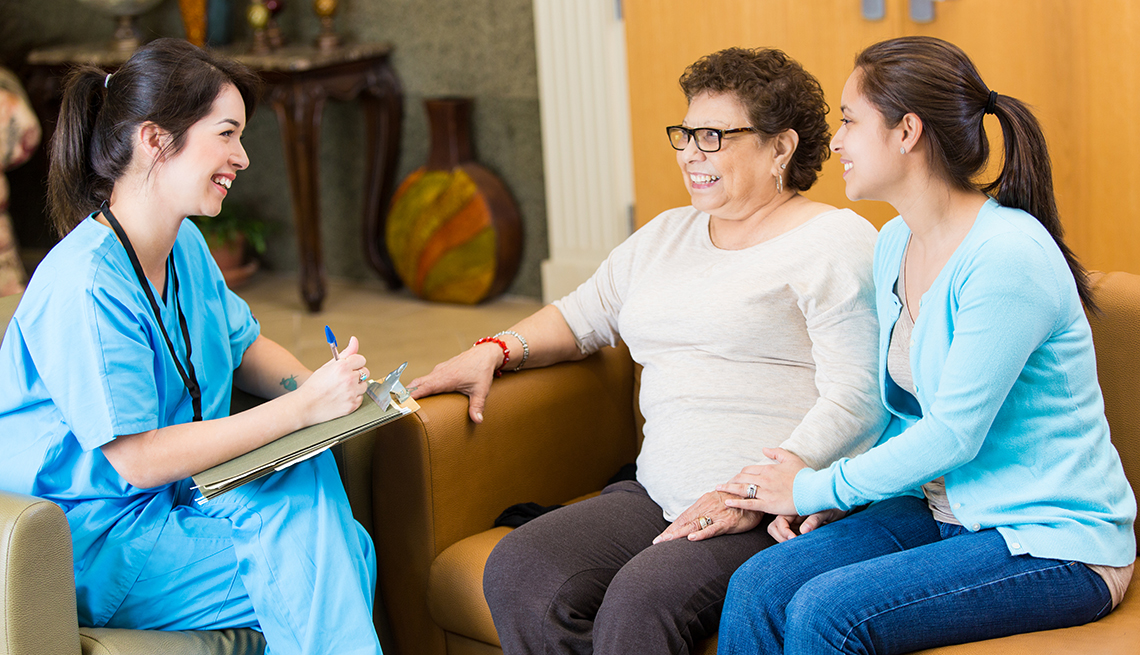
- Select a language for the TTS:
- UK English Female
- UK English Male
- US English Female
- US English Male
- Australian Female
- Australian Male
- Language selected: (auto detect) - EN
Play all audios:
I believe there are ways to get around this. I think one approach is to treat the doctor like a human being. It melts me when a patient simply says, “Adam, how are you?” “How’s the family?”
“How’s your mom?” It instantly changes what’s going on between us from a strictly by-the-book health care dialogue to a much warmer exchange. This can be a wonderful moment to engage with
your doctor. It can set a different tone for the rest of your visit. I don’t think it’s rude for you to be more direct and say something like: “Doctor, I know you’ve had a busy day, so I’m
trying to make this as easy and efficient for you as possible, but this is really important to me. I’m concerned about my health and need to feel a connection with you. I know the computer
is important, but could you look at me so that I know that you hear me?” But you have to be delicate in how you say this, because you could get a doctor who turns around and says, “I’m doing
the best I can.” That’s why, if you choose to use this approach, you want to be careful not to sound confrontational. As you probably know, often when people say, “Look at me when I’m
talking,” it comes off in a negative way. You definitely want to avoid that. If you feel uncomfortable being so direct, try writing down the questions you need answered and then make a copy
of your list. When you’re together, hand one copy to your doctor and while you’re doing it, make that important eye contact. You might say something like, “This appointment is so important
to me, and I know how busy you are, so I’ve brought a good list. I’ve laid out my questions, my concerns, and what my family and friends have noticed may be a problem. Can we go through it
together one by one?” Another option that is becoming increasingly available is telemedicine. I often joke with my patients that telemedicine is the ultimate form of listening. Since doctors
can’t give you an actual physical exam with these kinds of remote appointments, they’re forced to put all their attention into looking directly at you through their computer screen — and
listening. Finally, I don’t think it’s inappropriate for me to say that if you’re not feeling like your doctor is listening to you, you’re probably not going to be comfortable or trust in
the relationship — and it’s not going to be effective or do you any good. If this is the case, and you have the option, you may want to seek out another health care provider. But I know
that’s not always possible. The one thought I want to leave you with is this: Your doctors are probably listening, despite the fact that they’re staring at the screen. Try to open that
dialogue between you. Once you have a dialogue, you have an interaction, and you have their attention.







